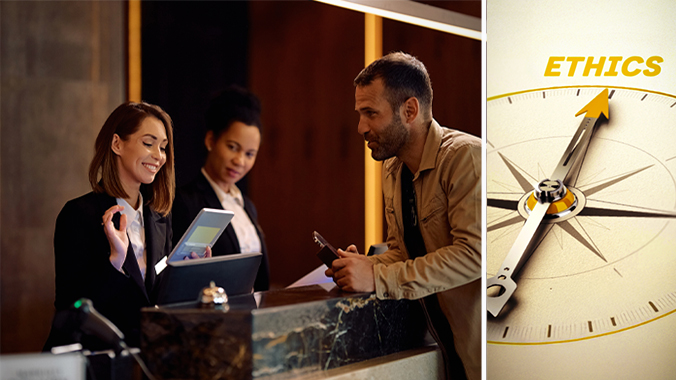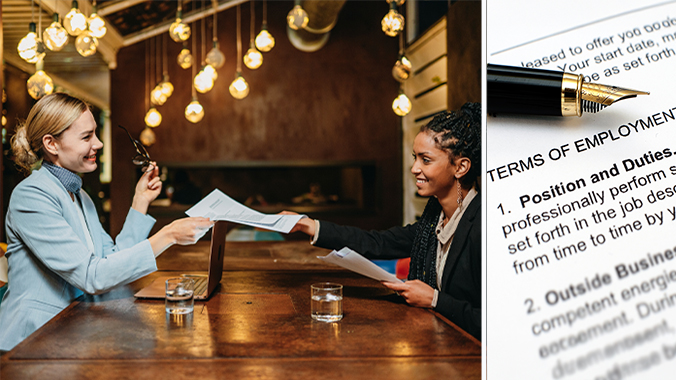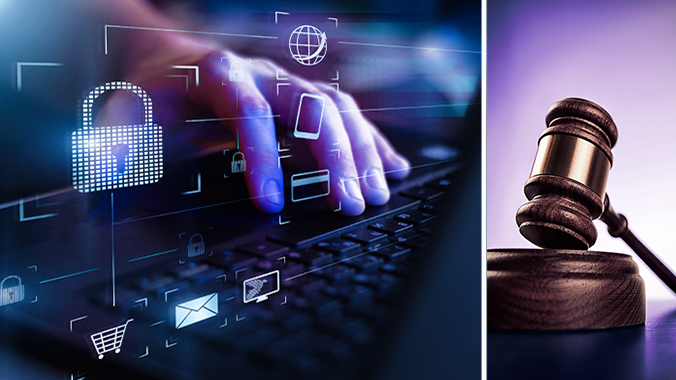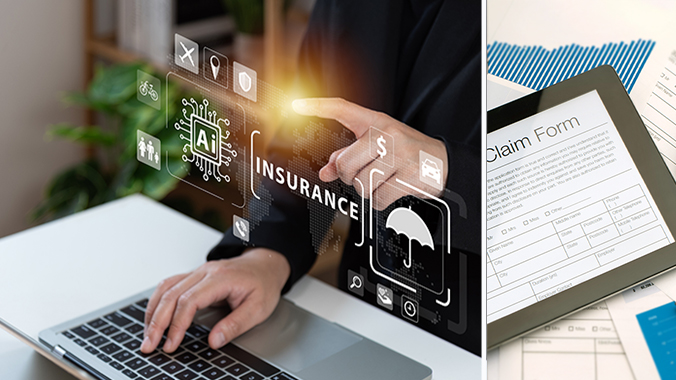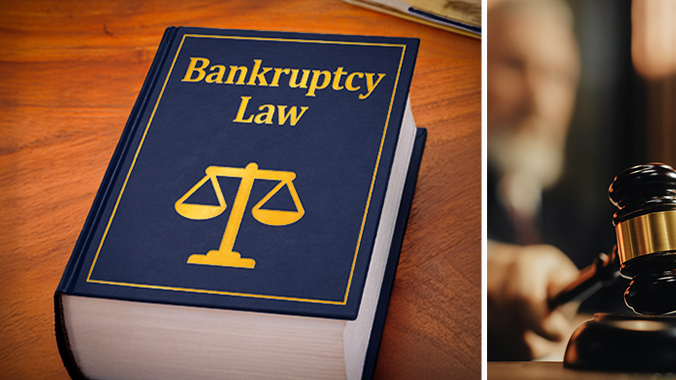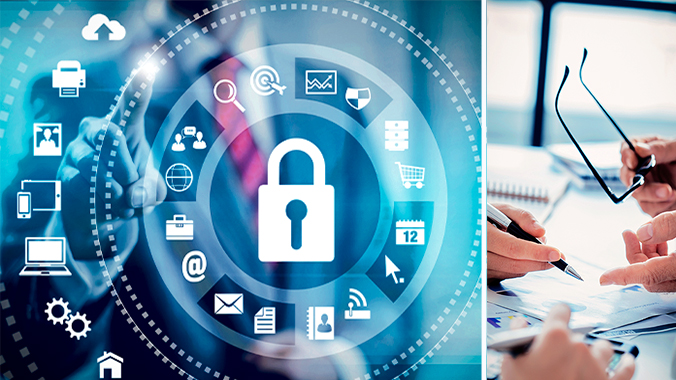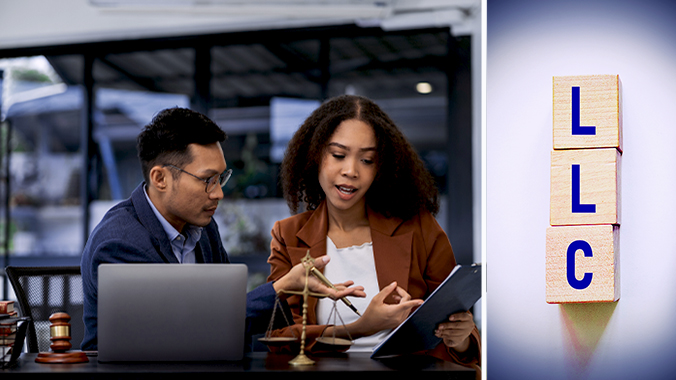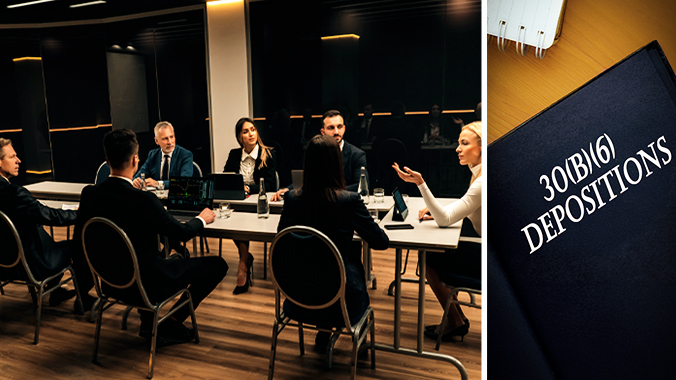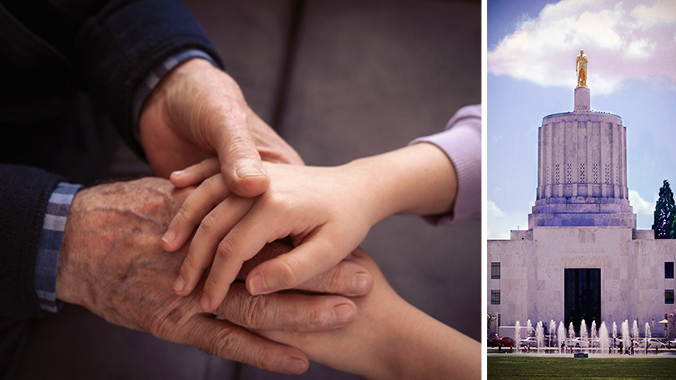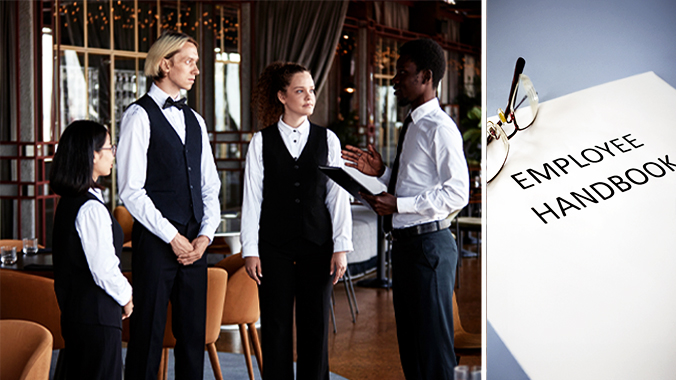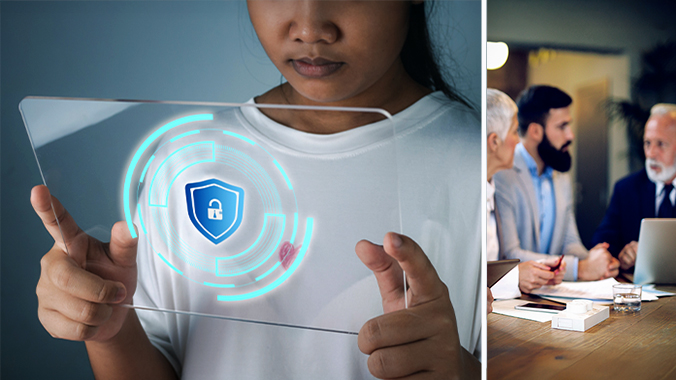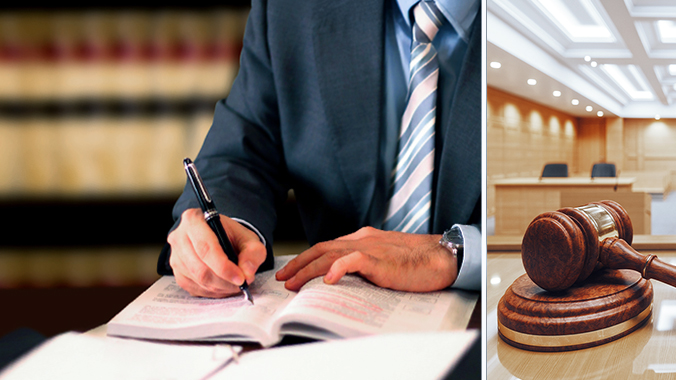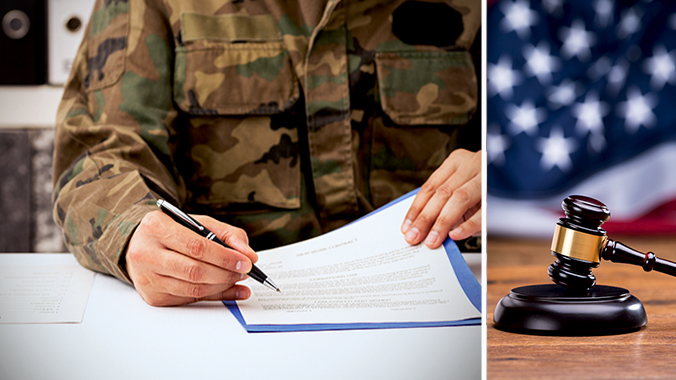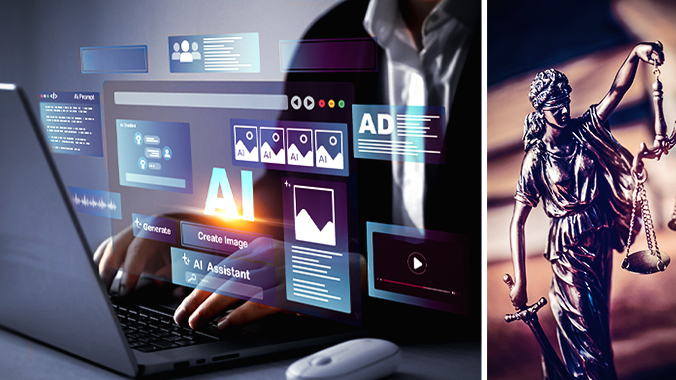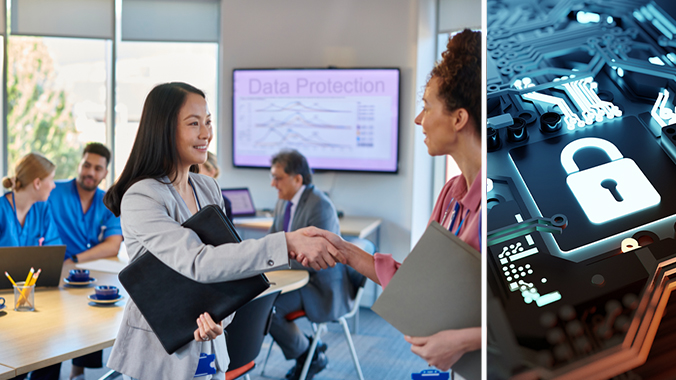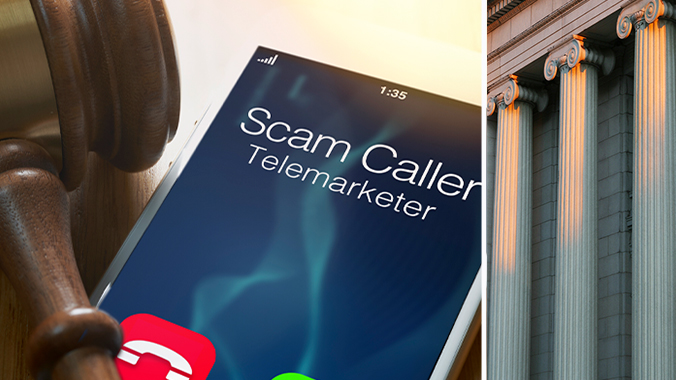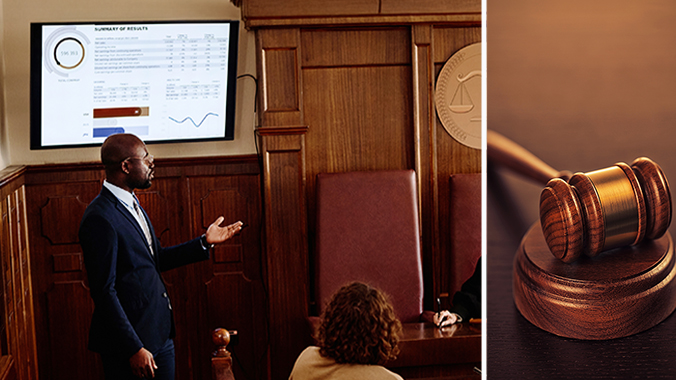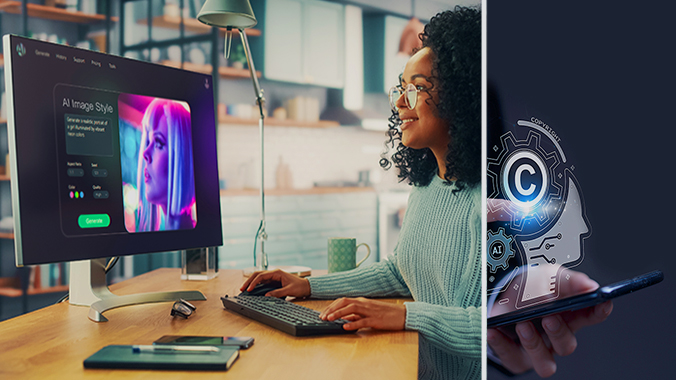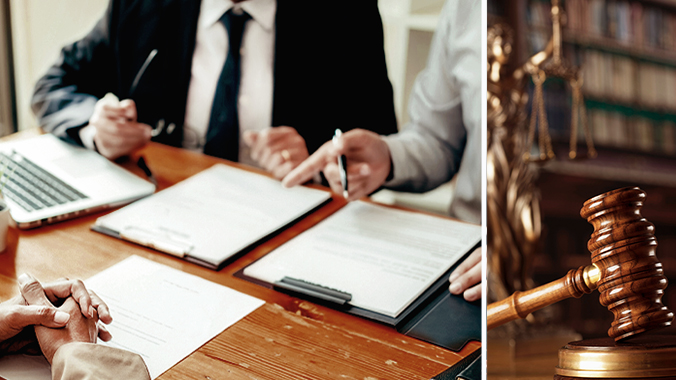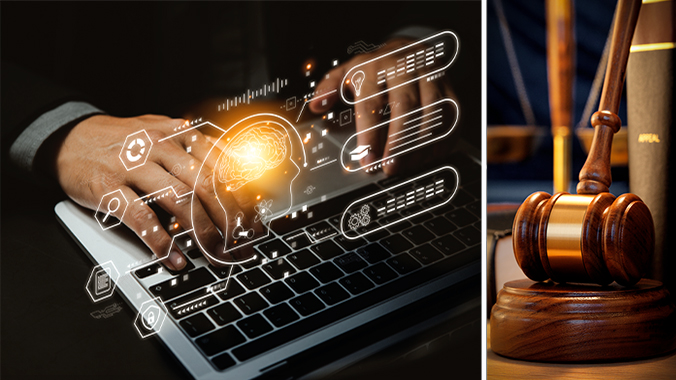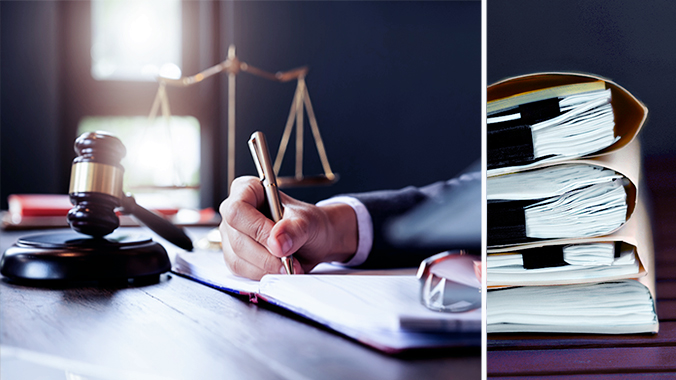Obtaining and Using Social Media Evidence: Practical Tools for Admissibility, Preservation, AI Challenges, and Expert Collaboration





On-Demand: July 30, 2025
4.5 hour CLE
Tuition: $295.00
Co-Sponsored by myLawCLE
Get this course, plus over 1,000+ of live webinars.
Learn More
Training 5 or more people?
Sign-up for a law firm subscription plan and each attorney in the firm receives free access to all CLE Programs
Program Summary
Session I – Assessing the Admissibility of Social Media Evidence – Collin Miller
Social media content is increasingly central to modern litigation, but getting it admitted into evidence requires careful navigation of the rules. This session will break down the key evidentiary principles that govern social media, including authentication requirements to establish authorship, the best evidence rule for presenting original posts, hearsay concerns and applicable exceptions, and the limitations imposed by character evidence rules. This session will provide practical insights and strategies for effectively leveraging social media in the courtroom while staying within the bounds of admissibility.
Key Topics
- Authentication rules for social media evidence
- Best evidence rules for social media evidence
- Hearsay rules for social media evidence
- Character evidence rules for social media evidence
Session II – Beyond the Screenshot: Obtaining and Using Social Media Evidence in Investigations and Litigation – Jeff Martin
As social media continues to play a pivotal role in litigation, properly authenticating digital content has become more critical—and more complex—than ever. This session offers a deep dive into the investigative techniques and key considerations attorneys must understand when authenticating social media evidence. Attendees will gain practical guidance on preservation and chain-of-custody protocols, learn how to effectively collaborate with digital forensics experts and investigators, and explore platform-specific challenges and emerging trends that may impact admissibility.
Key Topics
- Investigative techniques & considerations for authenticating social media content
- Preservation and chain-of-custody protocols
- Collaborating with experts and investigators
- Platform-specific challenges and emerging trends
Session III – Truth or Tech: Navigating AI-Generated Evidence in the Courtroom – Tom Plunkett
As technology advances, the manipulation of digital content has become more sophisticated and accessible than ever. It is now easier to generate or alter photos, videos, audio recordings, and even handwriting, raising critical questions about the integrity of evidence presented in legal proceedings. With the rise of AI-generated content, we must consider how these advancements can potentially compromise the reliability of evidence in court.
This presentation addresses the need for legal professionals to understand and respond to the challenges posed by AI manipulation. We will explore whether our existing authentication rules are sufficient to withstand the complexities introduced by AI-generated evidence.
Key Topics
- AI-generated and manipulated content
- Impact of AI on social media evidence
- Current legal framework for authentication
- Authentication challenges specific to AI-generated evidence
- Emerging case law and judicial perspectives
Session IV – Social Media Evidence in Practice: Extracting, Preserving, and Using Artifacts from Diverse Sources – Amber Schroader
As social media platforms continue to evolve, the volume of data they generate has become a critical part of digital investigations and legal proceedings. Social media evidence now plays a key role in uncovering intent, behavior, and digital activity. Social media data is exploding and becoming a valuable aspect of a potential suspect’s digital fingerprint. There are multiple methods and storage areas for this valuable evidence. This session will explore those areas and the expectation of data from each area. It will expose the most common and legally viable pathways to obtain social media artifacts, including extractions from smartphones, insights from OSINT (open-source intelligence), and data retained for regulatory compliance.
Key Topics
- Social media artifacts from smartphones
- Social media artifacts from OSINT
- Social media artifacts from compliance data
Session V – How Experts Recover, Preserve, and Analyze Social Media Evidence – Scott Greene
While attorneys are well-versed in legal doctrines surrounding admissibility and authentication, they often lack insight into the forensic methods that ensure the reliability and integrity of the data itself. This session, led by nationally recognized digital forensics expert Scott Greene, will offer a look at how professionals recover, analyze, and maintain social media evidence in a defensible manner. Participants will gain a clear understanding of the tools and processes used to locate and preserve content, including deleted or obscured materials, and how expert testimony can bridge the gap between raw data and courtroom persuasion. The session will also explore common pitfalls attorneys encounter when attempting self-collection, and how to work effectively with forensic experts to support litigation strategy. Whether you're handling a straightforward case or navigating complex digital discovery issues, this session will provide actionable insights to strengthen your evidentiary approach.
Key Topics
- Forensic techniques for capturing social media evidence
- Understanding metadata and hidden information
- Handling deleted or obscured content
- Risks of self-collection and DIY evidence gathering
- Working effectively with digital forensic experts
- Expert witness testimony in social media cases
This course is co-sponsored with myLawCLE.
![]() Closed-captioning available
Closed-captioning available
Speakers
 Colin Miller | Joseph F. Rice School of Law
Colin Miller | Joseph F. Rice School of Law
Professor Colin Miller is a nationally recognized authority on evidence law, with a particular focus on the evolving legal standards surrounding social media evidence in litigation. As a scholar and educator, he has written extensively on authentication, hearsay, character evidence, and the best evidence rule—core doctrines increasingly tested by the rise of digital communication platforms.
Professor Miller’s research and teaching explore how traditional evidentiary principles adapt in the face of modern challenges, including the admissibility of social media posts, digital authorship, and the impact of online content on character assessments and hearsay exceptions. He is frequently invited to speak at legal conferences, continuing legal education (CLE) programs, and law schools across the country, offering practical insights into navigating the complexities of digital evidence in the courtroom.
In addition to his academic work, Professor Miller is the creator of the widely read EvidenceProf Blog, where he analyzes recent case law developments involving social media and digital authentication. His ability to bridge theory and practice makes him a go-to resource for attorneys seeking guidance on the admissibility and strategic use of social media evidence in both civil and criminal cases.
 Jeff Martin | Evidence Solutions
Jeff Martin | Evidence Solutions
Jeff Martin is a certified Digital Forensics Expert with over 20 years of experience. Jeff specializes in Cell Phone Forensics, Computer Forensics, Black Box/EDR Forensics, Cybersecurity, EMR/EHR Forensics, Audio/Video/Imagery Forensics, and more. Jeff has conducted hundreds of digital forensics investigations on cases involving the acquisition, preservation, and analysis of data in legal disputes in both state and federal courts.
He initially made a mark as a small business IT consultant, lauded for his knack for simplifying technical information to non-technical audiences. Following a successful decade as the Director of Information Technology & Security in the Financial Industry, he earned the Certified Credit Union Executive (CCUE) certification after attending the Credit Union National Association’s (CUNA) Management School.
Jeff then applied his passion for technology to solving crimes as a Digital Forensics Analyst for the Michigan State Police. Today, Jeff is a Senior Digital Forensics Analyst and Expert Witness at Evidence Solutions and serves as an adjunct instructor at Northern Michigan University, teaching Cybercrime and Computer Hacking Forensic Investigations. Jeff’s wealth of experience and expertise, coupled with his impressive testimony record, solidifies his status as a highly respected expert in the field.
 Tom Plunkett | ArcherHall
Tom Plunkett | ArcherHall
Thomas Plunkett is Managing Director of Digital Forensics & eDiscovery at ArcherHall. He is a Certified Information Systems Security Professional (CISSP) and EnCase Certified Forensic Examiner (EnCE) with over 20 years of experience in digital forensics, cybersecurity, and counterintelligence. He holds a master’s degree in information systems and is an adjunct professor, teaching cybersecurity and digital forensics topics at the University of San Diego. Tom has led investigations involving data breaches, computer hacking, theft of intellectual property, and foreign intelligence operations. His clients have included all levels of government, law firms, casinos, medical device manufacturers, hospitals, technology companies and celebrities.
 Amber Schroader | Paraben Corporation
Amber Schroader | Paraben Corporation
For 30 years, Ms. Schroader has been a leading innovator in digital forensics. She’s developed software to recover data from various sources, including smartphones, hard drives, cloud storage, email, and even gaming systems. Her expertise extends to creating protocols for evidence seizure and processing, used by organizations worldwide.
Ms. Schroader’s vision extends beyond specific tools. She’s championed a “360-degree approach” and “Forensics of Everything (FoE),” emphasizing the importance of considering the complete picture of digital evidence. This influential perspective has pushed the field towards a more holistic approach.
Her contributions go beyond software. Ms. Schroader is an accomplished instructor, having written and delivered numerous courses in this specialized field. She’s even founded certifications, further solidifying her role in shaping the digital forensics landscape. Her passion continues through industry talks and book contributions.
 Scott Greene | Evidence Solutions
Scott Greene | Evidence Solutions
For over 42 years, Scott Greene has been helping judges, attorneys, and organizations understand data. He collects, analyzes, and explains complex electronic and digital evidence in legal matters. His extensive and diverse experience allows him to be an expert in many facets of digital technology, including Cell Phone Forensics, Black Boxes / Event Data Recorders (EDRs), Triangulation, Electronic Logging Devices (ELDs), Computers, Electronic Medical Records (EMR) Forensics, eDiscovery, Mobile Device Passcode Breaking, and much more.
Scott founded Evidence Solutions, Inc., a premier forensics and expert witness firm, and Great Scott Enterprises, Inc., which provided superior computer consulting services. Today, Scott is an Affiliated Professional Member of the American Bar Association and heads the Digital Forensics Division of Evidence Solutions, Inc., working as an Expert Witness and Digital Forensics professional. He has served as an Expert Witness and Special Master in both Federal and State courts and has provided expert testimony in more than 50 cases. He is a sought-after speaker and educator and travels throughout the country, presenting to local, regional, national, and international organizations.
Agenda
Session I – Assessing the Admissibility of Social Media Evidence | 11:00am – 11:45am
- Authentication rules for social media evidence
- Best evidence rules for social media evidence
- Hearsay rules for social media evidence
- Character evidence rules for social media evidence
Break | 11:45am – 11:55am
Session II – Beyond the Screenshot: Obtaining and Using Social Media Evidence in Investigations and Litigation | 11:55am – 12:55pm
- Investigative techniques and considerations for authenticating social media content
- Preservation and chain-of-custody protocols
- Collaborating with experts and investigators
- Platform-specific challenges and emerging trends
Break | 12:55pm – 1:05pm
Session III – Truth or Tech: Navigating AI-Generated Evidence in the Courtroom | 1:05pm – 2:05pm
- AI-generated and manipulated content
- Impact of AI on social media evidence
- Current legal framework for authentication
- Authentication challenges specific to AI-generated evidence
- Emerging case law and judicial perspectives
Break | 2:05pm – 2:15pm
Session IV – Social Media Evidence in Practice: Extracting, Preserving, and Using Artifacts from Diverse Sources | 2:15pm – 3:00pm
- Social media artifacts from smartphones
- Social media artifacts from OSINT
- Social media artifacts from compliance data
Break | 3:00pm – 3:10pm
Session V – How Experts Recover, Preserve, and Analyze Social Media Evidence | 3:10pm – 4:10pm
- Forensic techniques for capturing social media evidence
- Understanding metadata and hidden information
- Handling deleted or obscured content
- Risks of self-collection and DIY evidence gathering
- Working effectively with digital forensic experts
- Expert witness testimony in social media cases
Credits
Alaska
Approved for CLE Credits
4.5 General
Alabama
Pending CLE Approval
4.5 General
Arkansas
Approved for CLE Credits
4.5 General
Arizona
Approved for CLE Credits
4.5 General
California
Approved for CLE Credits
4.5 General
Colorado
Pending CLE Approval
4.5 General
Connecticut
Approved for CLE Credits
4.5 General
District of Columbia
No MCLE Required
4.5 CLE Hour(s)
Delaware
Pending CLE Approval
4.5 General
Florida
Approved via Attorney Submission
5.5 General Hours
Georgia
Approved for CLE Credits
4.5 General
Hawaii
Approved for CLE Credits
4.5 General
Iowa
Pending CLE Approval
4.5 General
Idaho
Pending CLE Approval
4.5 General
Illinois
Approved for Self-Study Credits
4.5 General
Indiana
Approved For On-Demand Credits
4.5 General
Kansas
Pending CLE Approval
4.5 Substantive
Kentucky
Pending CLE Approval
4.5 General
Louisiana
Approved for Self-Study Credits
4.5 General
Massachusetts
No MCLE Required
4.5 CLE Hour(s)
Maryland
No MCLE Required
4.5 CLE Hour(s)
Maine
Pending CLE Approval
4.5 General
Michigan
No MCLE Required
4.5 CLE Hour(s)
Minnesota
Approved for Self-Study Credits
4.5 General
Missouri
Approved for Self-Study Credits
5.4 General
Mississippi
Pending CLE Approval
4.5 General
Montana
Pending CLE Approval
4.5 General
North Carolina
Pending CLE Approval
4.5 General
North Dakota
Approved for CLE Credits
4.5 General
Nebraska
Pending CLE Approval
4.5 General
New Hampshire
Approved for CLE Credits
270 General minutes
New Jersey
Approved for CLE Credits
5.4 General
New Mexico
Approved for Self-Study Credits
4.5 General
Nevada
Approved for Self-Study Credits
4.5 General
New York
Approved for CLE Credits
5.4 General
Ohio
Approved for Self-Study Credits
4.5 General
Oklahoma
Pending CLE Approval
4.5 General
Oregon
Pending CLE Approval
4.5 General
Pennsylvania
Approved for Self-Study Credits
4.5 General
Rhode Island
Approved for CLE Credits
5 General
South Carolina
Pending CLE Approval
4.5 General
South Dakota
No MCLE Required
4.5 CLE Hour(s)
Tennessee
Approved for Self-Study Credits
4.5 General
Texas
Approved for CLE Credits
4.5 General
Utah
Pending CLE Approval
4.5 General
Virginia
Not Eligible
4.5 General Hours
Vermont
Approved for CLE Credits
4.5 General
Washington
Approved via Attorney Submission
4.5 Law & Legal Hours
Wisconsin
Approved for Self-Study Credits
5 General
West Virginia
Pending CLE Approval
5.4 General
Wyoming
Approved for Self-Study Credits
4.5 General
Preview
More CLE Webinars
Trending CLE Webinars


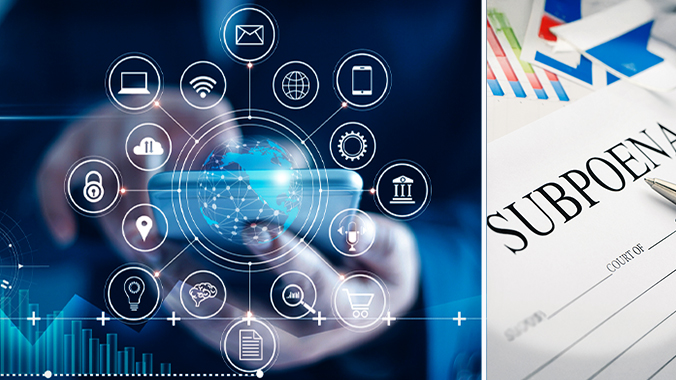



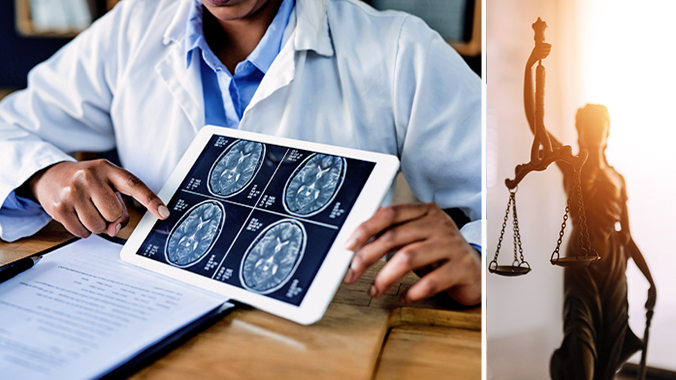

Upcoming CLE Webinars

